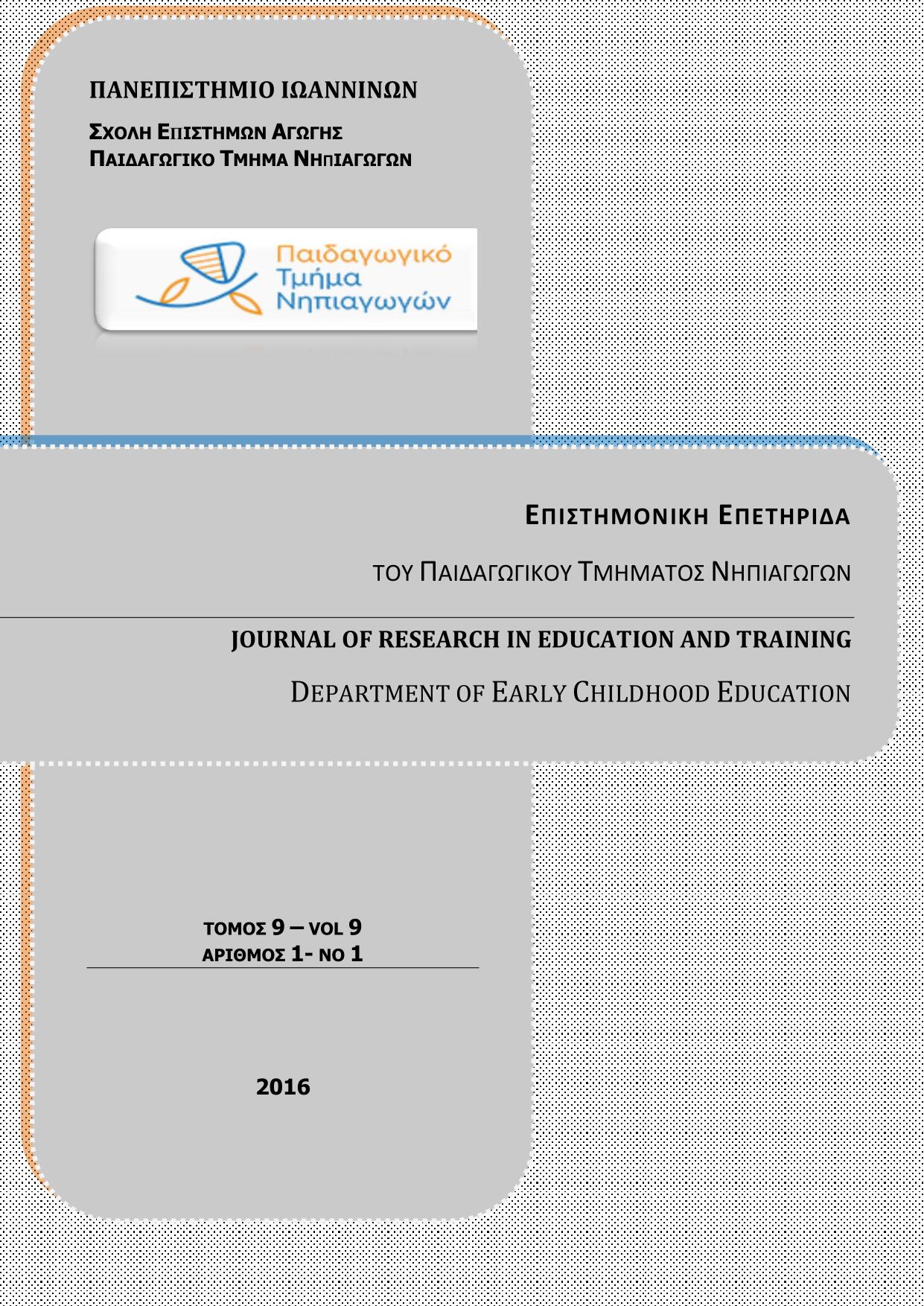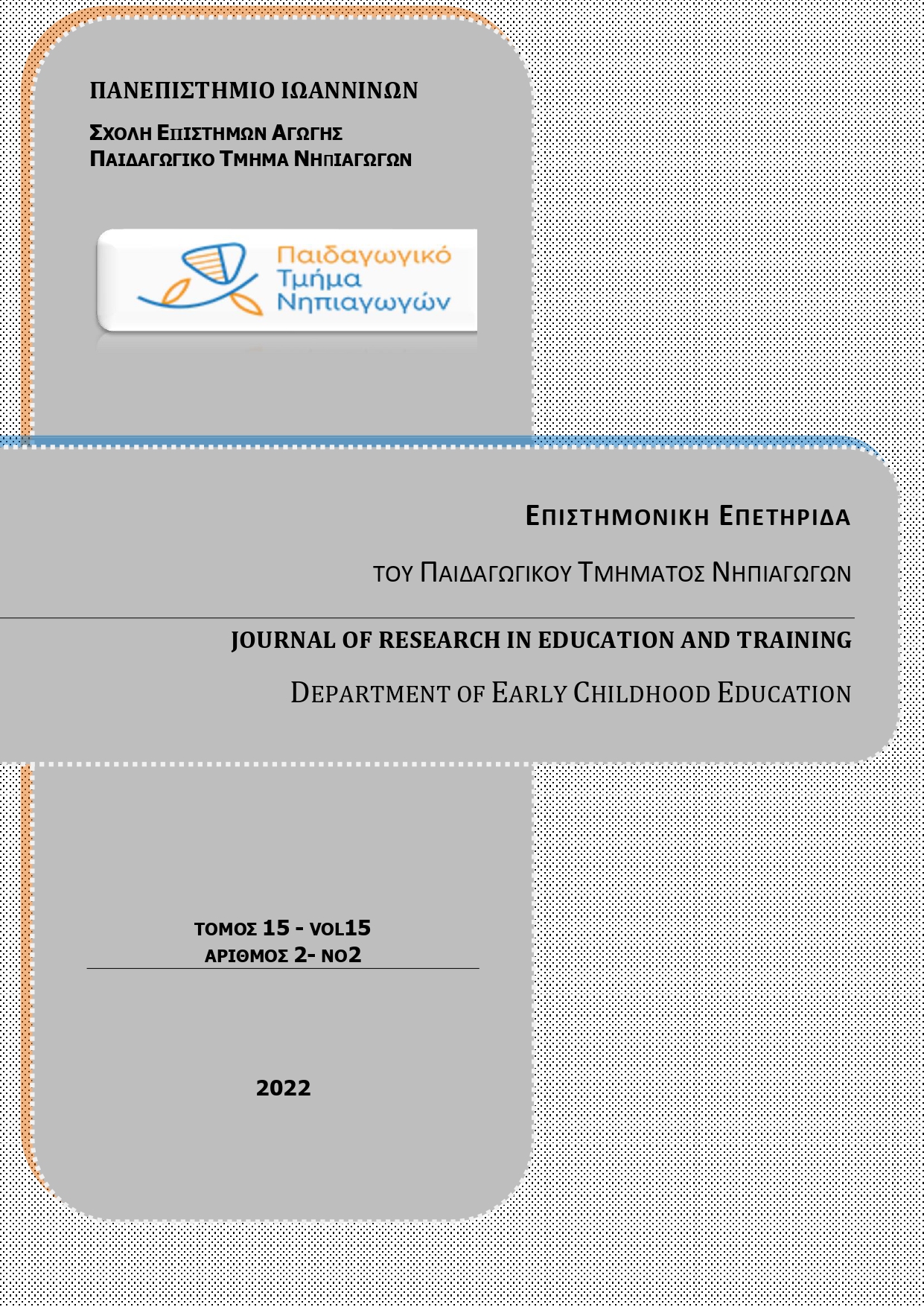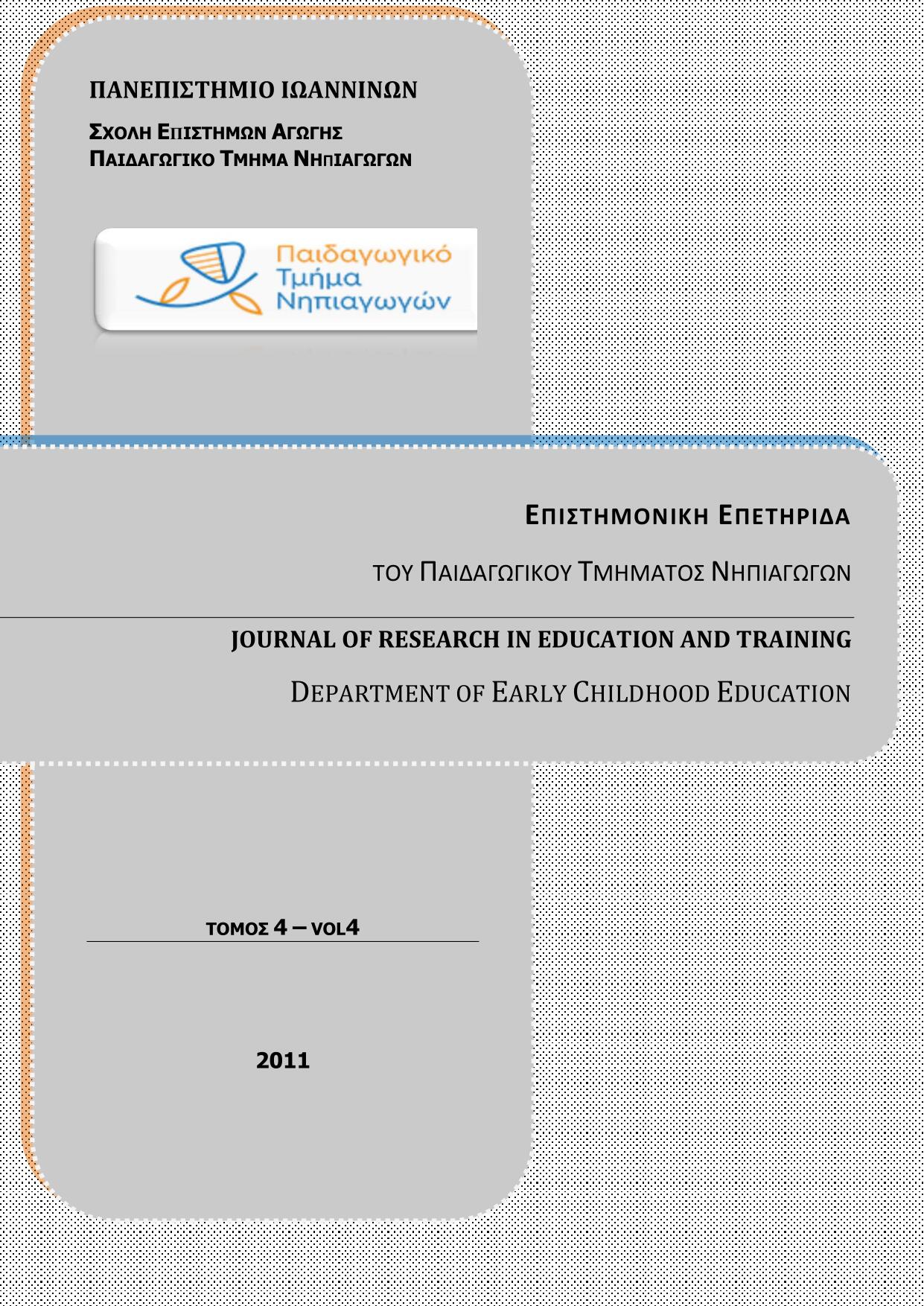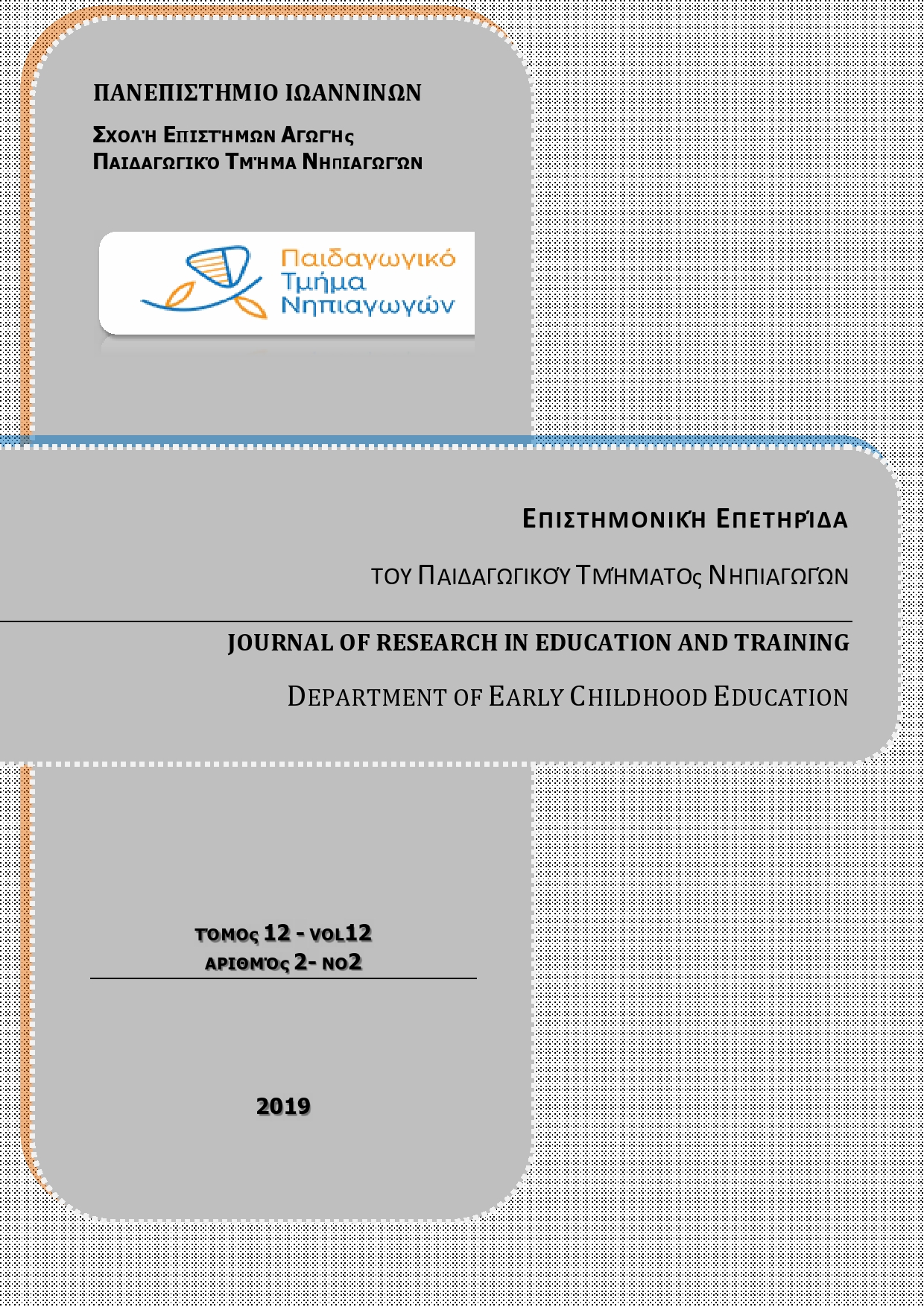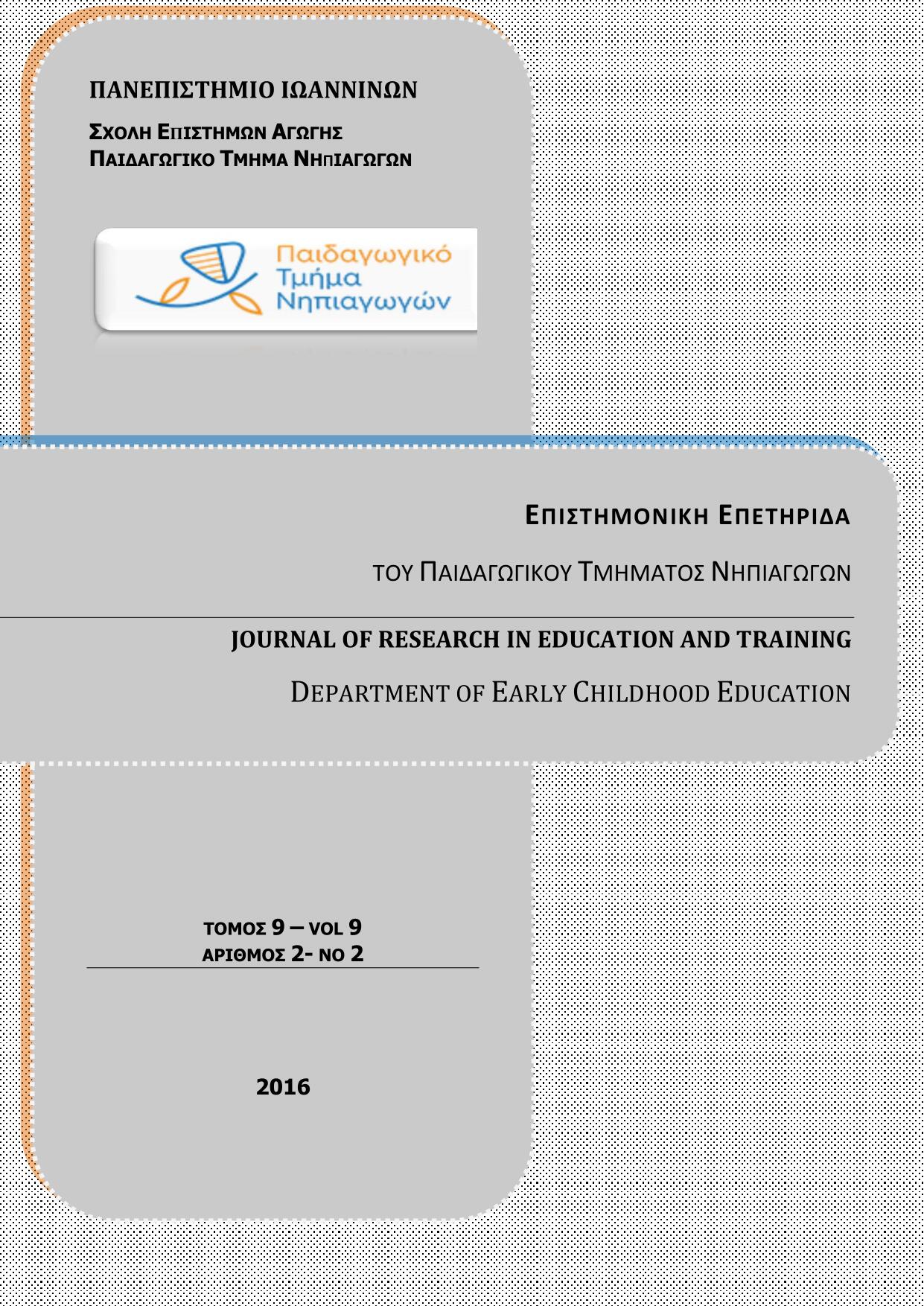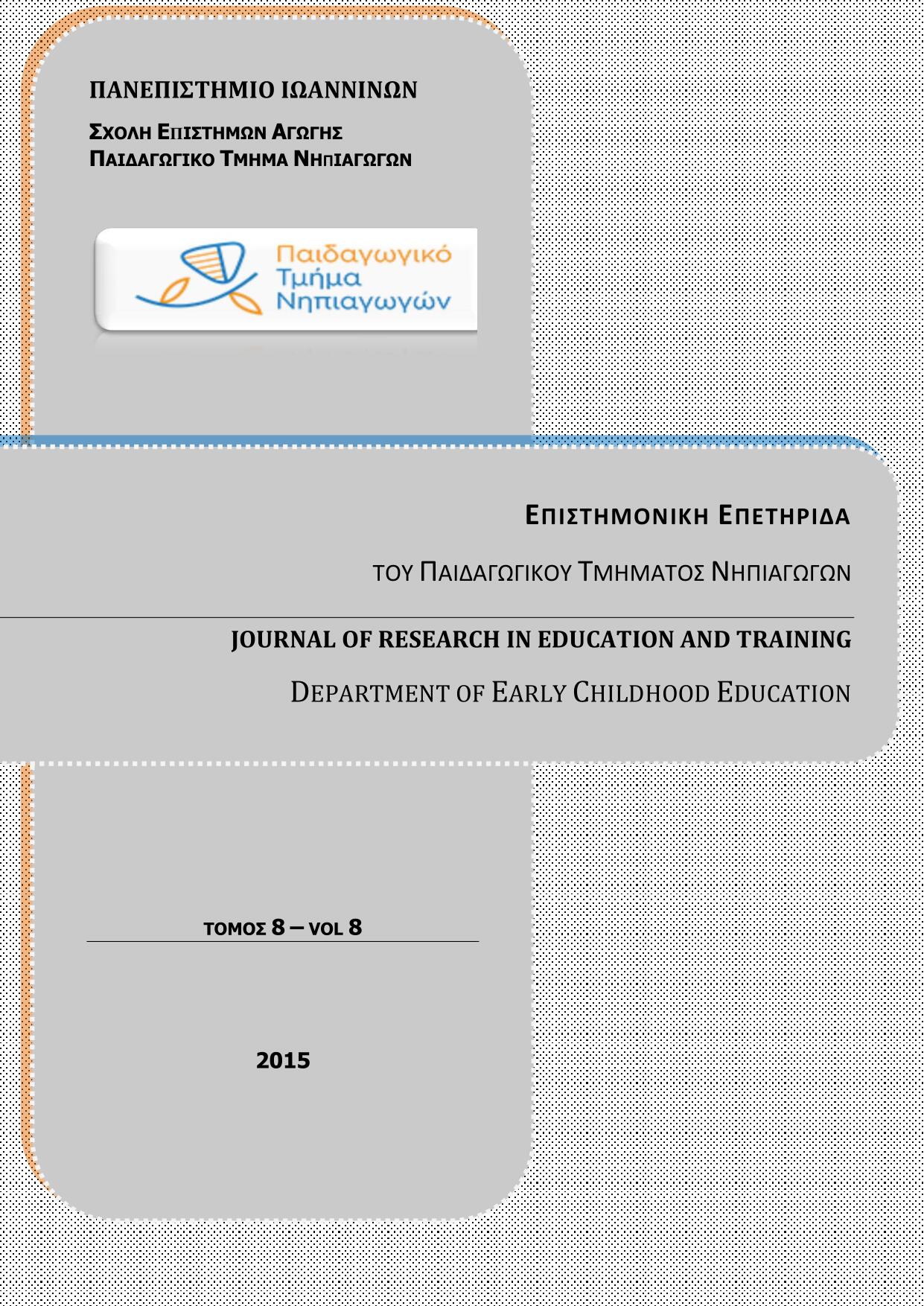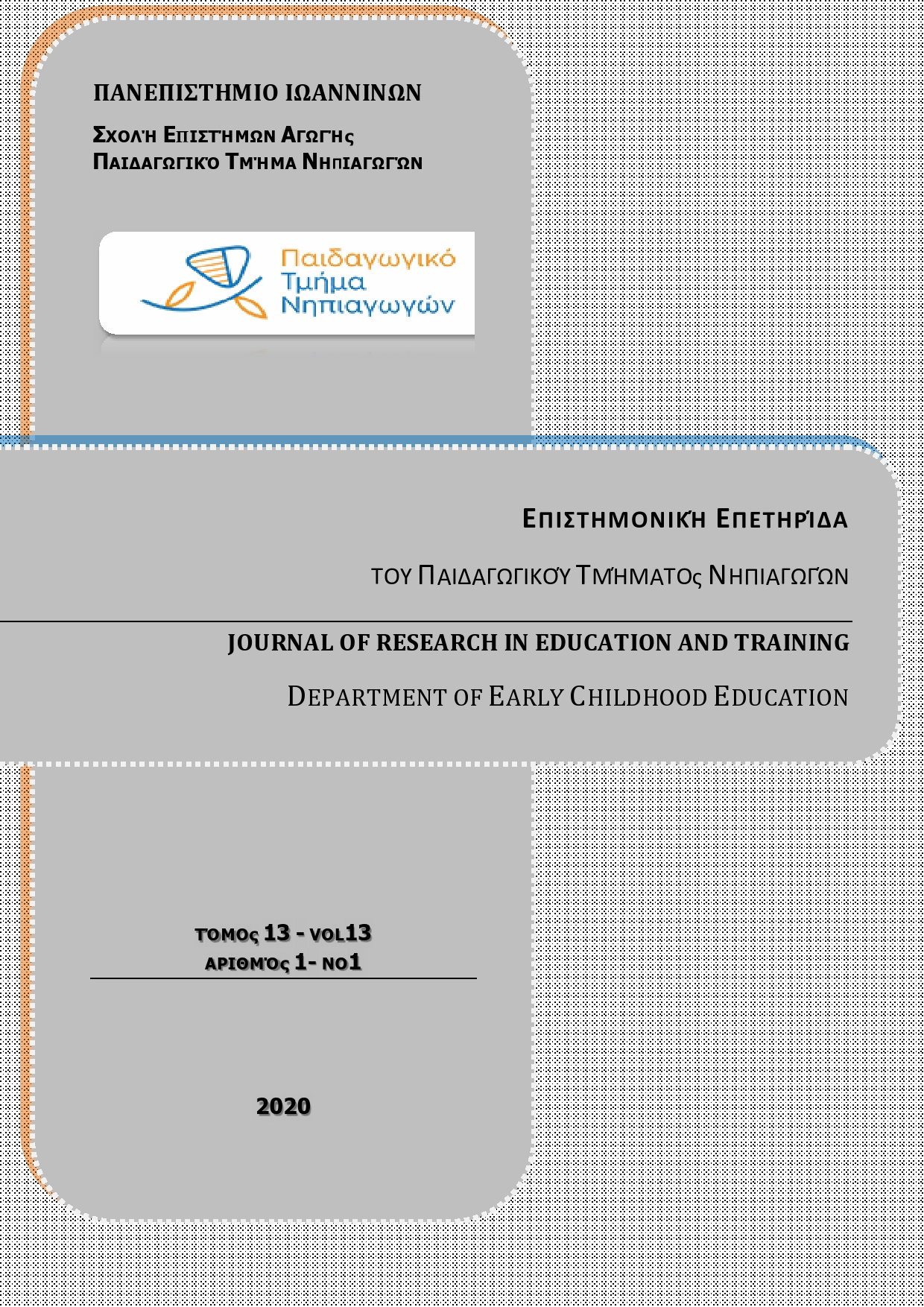The role of age in social cognition: Comparison of young, middleaged, and older adults in sarcasm understanding
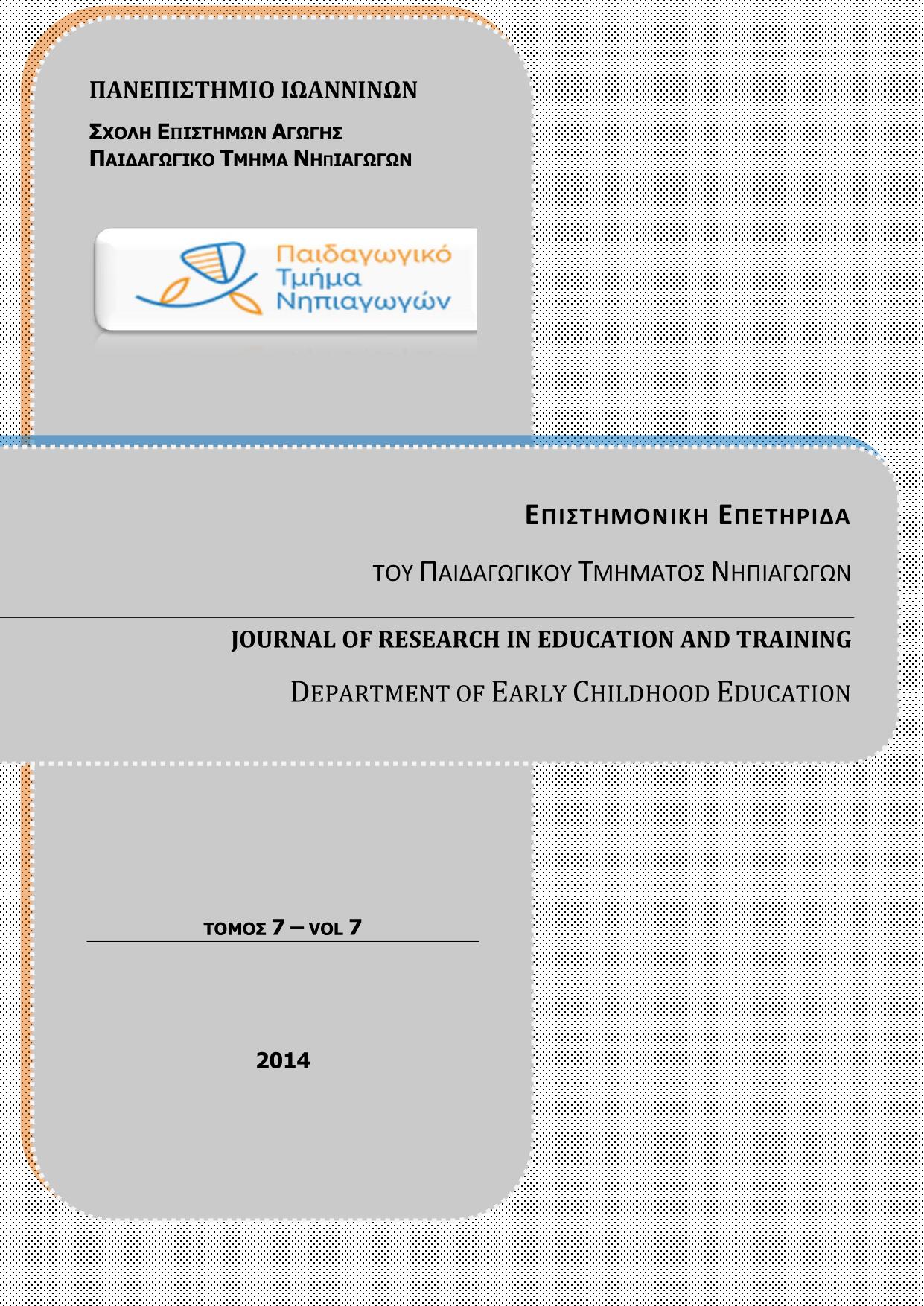
Abstract
cognition. The sample consisted of 72 persons between 20 and 82 years of age,
equally distributed to three age groups, the “Young Adults” (Μ = 25 years, SD = 3.7 years), the “Middle-aged Adults” (Μ = 51.2 years, SD = 7.5 years) and the “Older Adults” (Μ = 72.1 years, SD = 4.9 years). The three groups were matched according to gender and educational level. The participants were examined with the test “Social Inference (Minimal) – SI(M): Part 2 of the ΤΑSIT (McDonald, Flanagan, Rollins, & Kinch, 2003)”, which examines whether the participant understands sarcasm and is able to differentiate sarcasm from sincerity. Moreover, the Mini Mental State Examination - MMSE (MMSE, Folstein, Folstein, & McHugh, 1975, Greek adaptation: Fountoulakis, Tsolaki, Chatzi & Kazis, 2000) and the Geriatric Depression Scale-15 (GDS-15, Yesavage, et al., 1982-1983, Greek adaptation: Fountoulakis, Tsolaki, Iacovides, et al., 1999) were administered to older adults. The results for older adults showed that the lower the performance on the MMSE and the higher the performance on the GDS-15, the lower the performance on the SI(M). Concerning the whole sample, the results showed that age is negatively associated with sarcasm understanding, and self-reported hypercholesterolaemia plays an aggravating role in the aforementioned relation.
Article Details
- How to Cite
-
Χατζηευφραιμίδου Α., Μωραΐτου Δ., Παπαντωνίου Γ., Ναζλίδου Έ., & Πάντσιου Κ. (2014). The role of age in social cognition: Comparison of young, middleaged, and older adults in sarcasm understanding. Journal of Research in Education and Training, 7, 1–55. https://doi.org/10.12681/jret.854
- Issue
- Vol. 7 (2014)
- Section
- Articles

This work is licensed under a Creative Commons Attribution-NonCommercial-ShareAlike 4.0 International License.
Authors who publish with this journal agree to the following terms:
- Authors retain copyright and grant the journal right of first publication with the work simultaneously licensed under a Creative Commons Attribution Non-Commercial License that allows others to share the work with an acknowledgement of the work's authorship and initial publication in this journal.
- Authors are able to enter into separate, additional contractual arrangements for the non-exclusive distribution of the journal's published version of the work (e.g. post it to an institutional repository or publish it in a book), with an acknowledgement of its initial publication in this journal.
- Authors are permitted and encouraged to post their work online (preferably in institutional repositories or on their website) prior to and during the submission process, as it can lead to productive exchanges, as well as earlier and greater citation of published work (See The Effect of Open Access).



